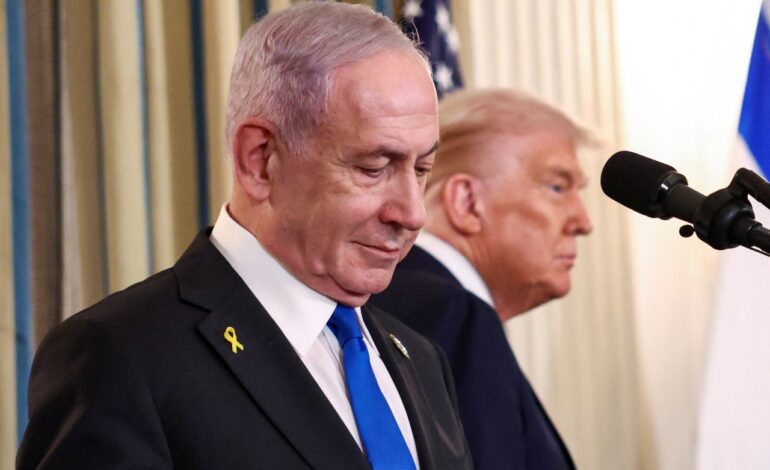Qatar Shifts Stance on Hamas After Attack on Its Territory

The government of Qatar has reassessed its approach towards Hamas following an attack on its territory. This strategic shift comes after a recent strike in March 2024 that raised significant security concerns for Doha. Previously, Qatar had maintained a level of cooperation with Israel while providing support to Hamas, but the attack appears to have altered this delicate balance.
Qatar’s position as a mediator in the Middle East has long depended on its relationships with both Israel and Hamas. As host of various diplomatic dialogues, Doha has utilized its unique standing to foster communication between conflicting parties. However, the recent incident has prompted a reevaluation of these ties, illustrating the complexities of Middle Eastern geopolitics.
Details of the Attack and Its Aftermath
On March 12, 2024, an aerial attack attributed to an unidentified faction struck Qatari soil, injuring several civilians. The event marked an unprecedented escalation of regional tensions, prompting the Qatari government to respond. In a statement issued by the Ministry of Foreign Affairs, Qatar condemned the attack and called for an immediate cessation of hostilities.
The repercussions of this strike extend beyond immediate security concerns. Analysts suggest that Qatar’s historical complicity in navigating relationships between Hamas and Israel may no longer be tenable. According to experts from Al Jazeera, the attack has left Qatar vulnerable, forcing it into a corner where it must choose between its alliances and national security.
Qatar’s Diplomatic Dilemma
Historically, Qatar has leveraged its financial resources to gain influence in the region. It has provided significant funding to Hamas and acted as a key intermediary in negotiations surrounding Gaza. Nevertheless, the attack presents a critical juncture for Qatar, raising the question of whether it can continue its dual-track policy without jeopardizing its sovereignty.
The Gulf Cooperation Council (GCC) has expressed concern over the incident, with member states urging Qatar to reassess its affiliations. The GCC, which includes nations such as Saudi Arabia and the United Arab Emirates, has been wary of Hamas’ influence and the potential destabilization of the region. As a result, Qatar’s response to the attack may have broader implications for its relationships within the GCC.
In light of these developments, Qatar’s leadership faces pressure to navigate a complex landscape where alliances are fragile, and loyalties are tested. The international community is closely monitoring how Doha will recalibrate its foreign policy in response to this event.
The ramifications of Qatar’s shift could reshape the dynamics of the Middle East. As the situation evolves, it remains to be seen how the Qatari government will balance its historical support for Hamas with the need to ensure the safety and stability of its own territory.






